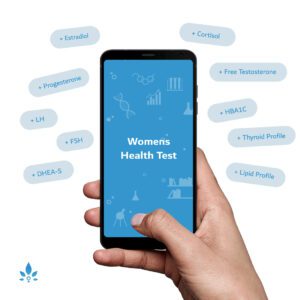Benefits of Breastfeeding for the Mother


The benefits of breastfeeding are firmly established for babies, but did you know that breastfeeding can have long-term benefits for the nursing mother too?
In those first few days of breastfeeding, your early attempts to breastfeed stimulate the release of oxytocin, a hormone in the pituitary gland that signals the breasts to release or ‘let down’ milk. Oxytocin also causes the uterus to contract and return to its pre-pregnancy state in order to prevent postpartum hemorrhage. Breastfeeding also stimulates the release of prolactin, a hormone that has been found to create a calming effect on the mother, allowing her to relax and develop a special bond with her baby during this close, nurturing time.
Breastfeeding, if done exclusively, can also work as a natural contraceptive method. Bottle-feeding mothers typically begin to menstruate again within 6-8 weeks of giving birth, but a breastfeeding mother can go several months without menstruating, thus reducing the chances of falling pregnant again. It is important, however, not to rely on breastfeeding as the only method of contraception. Every woman is different and this method is not completely reliable. If you don’t wish to conceive again, you should use additional birth control. Not having monthly periods provides the added benefit of conserving the mother’s iron as well.
Breastfeeding is also a great way to lose some of that extra ‘baby weight’. Producing breast milk requires between 200 and 500 calories per day, which is the equivalent of swimming about 30 lengths in a pool or cycling uphill for an hour. Studies have also shown that breastfeeding helps reduce blood glucose levels, which has many health benefits, including lowering the risk of type II diabetes. Breastfeeding also has other benefits, lowering the mother’s risk of heart disease, high blood pressure and stroke; with research suggesting that these benefits last for decades.
Some research has shown that breastfeeding can reduce the risk of hormone-related cancers, including ovarian and endometrial cancer. Although it’s not completely understood why, some researchers believe it happens because having fewer menstrual periods naturally lowers the levels of hormones that are linked to reproductive cancers, particularly oestrogen.
Try Nabta’s At-Home Lactation Consultation to get more information and advice on breastfeeding.
If you are going back to work and feel concerned about how to handle breastfeeding, whether to pump and freeze and how to make your baby’s schedule fit with your job, rest assured that you are not alone. It is now very common to continue breastfeeding whilst going into the office for a full day’s work. For help and advice, book a course with Unstuck Career Coaching on the Nabta Shop.
Sources:
- American Academy of Pediatrics (AAP), Breastfeeding and the Use of Human Milk.
- American College of Obstetricians and Gynecologists, Breastfeeding: Maternal and Infant Aspects.
- La Leche League International, llli.org.
Reviewed by Dr. Sara Connolly.
Powered by Bundoo®












































